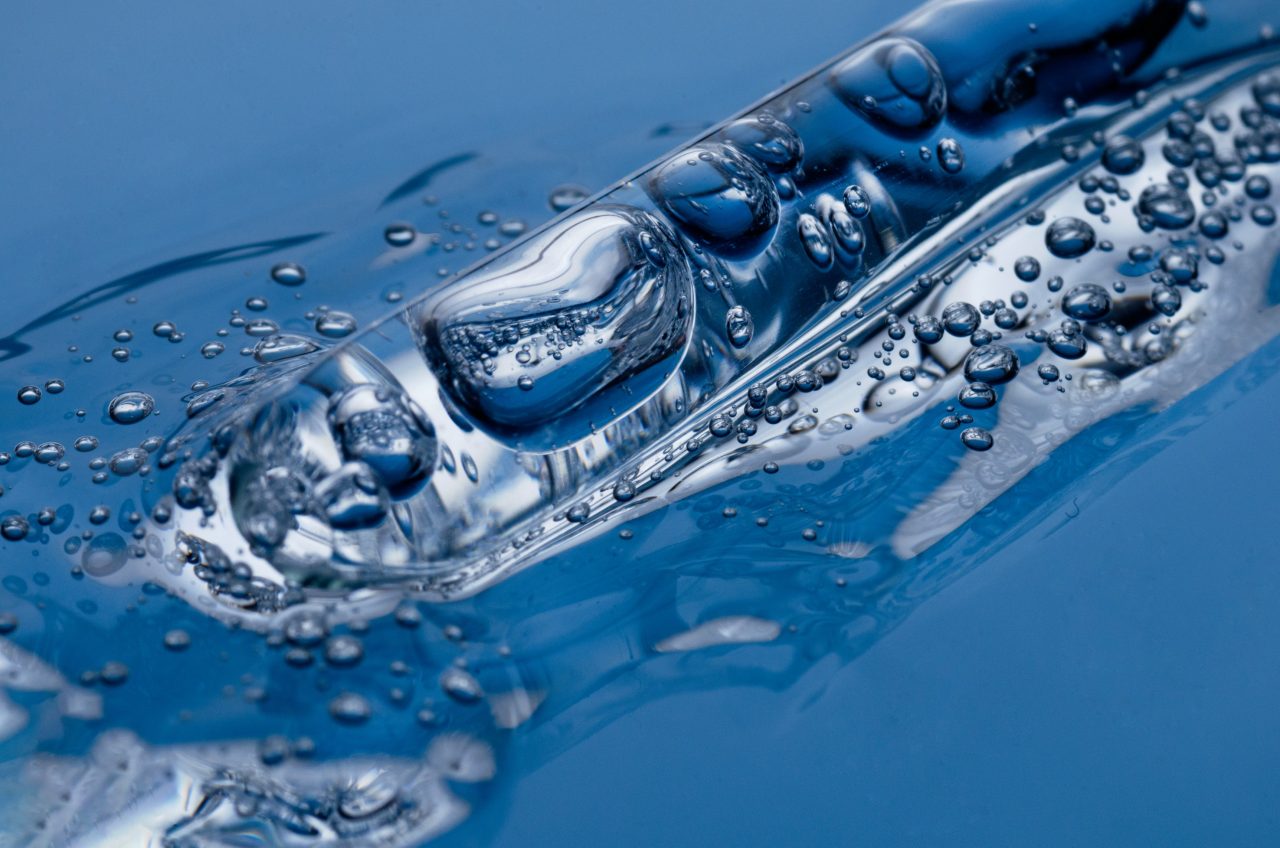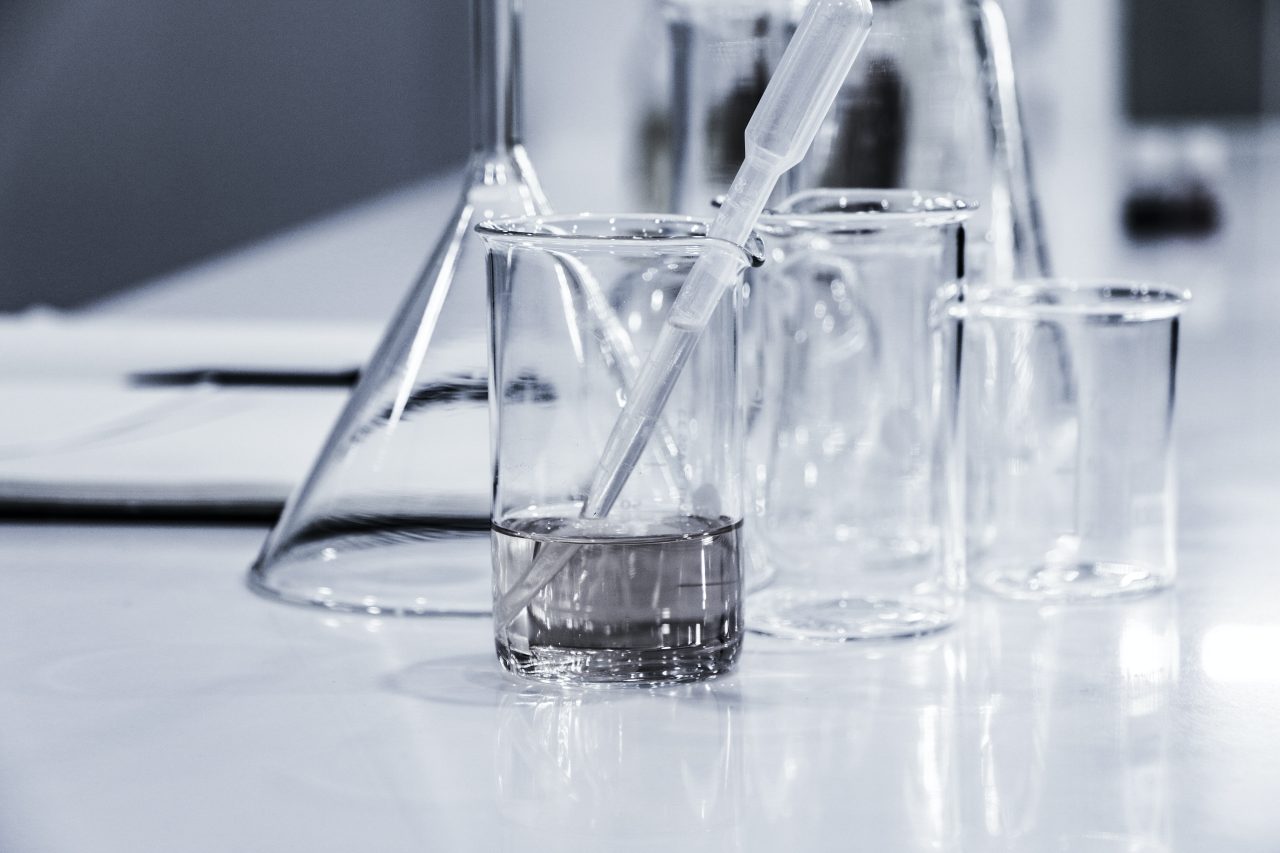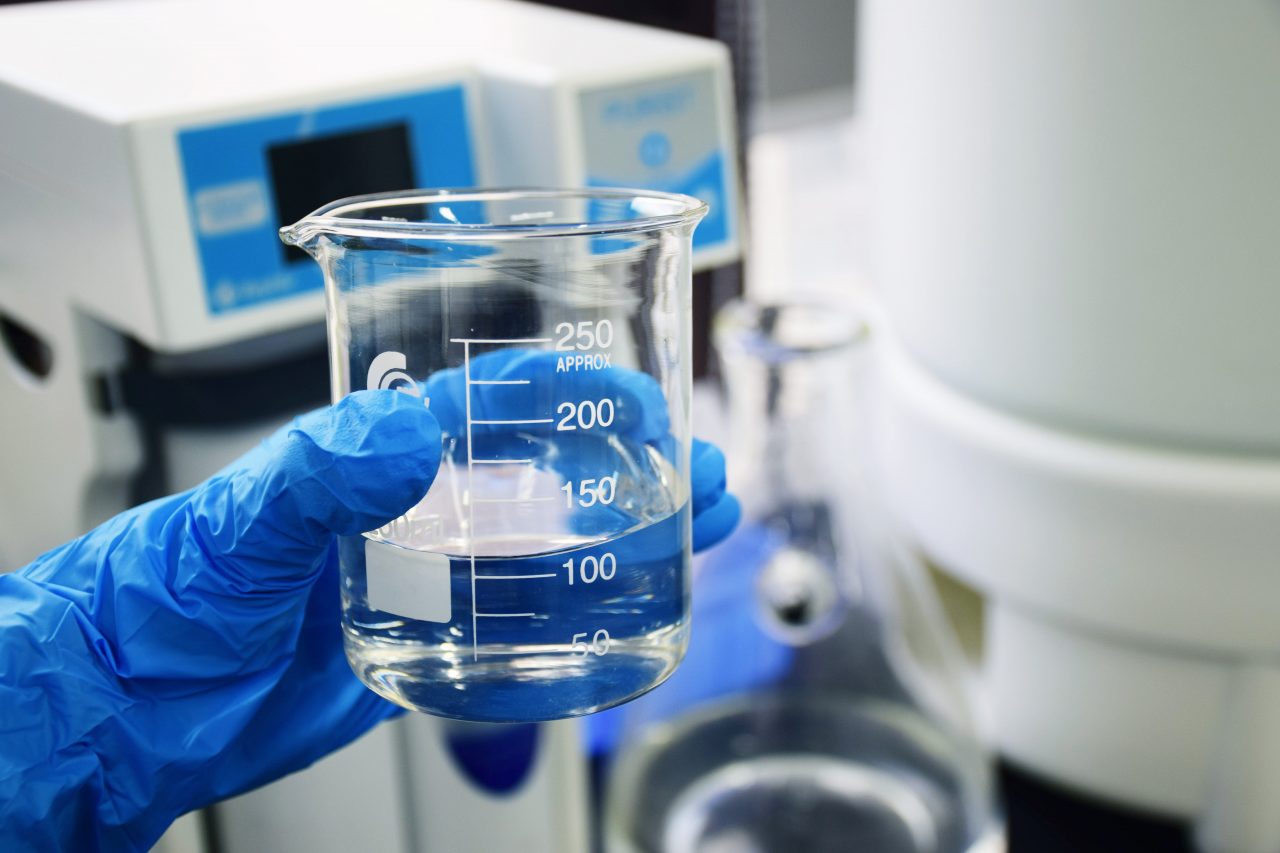Water, our life-sustaining resource, is crucial for our well-being and the environment. Its quality, determined by chemical, physical, and biological factors, impacts everything from drinking to agriculture. Ever wondered about the tiny living things in water? These waterborne micro-organisms, like bacteria and algae, are more than just microscopic inhabitants; some can pose serious risks to human health.
Microbial Menace: In various water sources, there’s a diverse community of waterborne micro-organisms. Some are friendly, while others, known as waterborne pathogens, can cause diseases like typhoid fever and cholera. In places with limited access to clean water, these tiny troublemakers contribute to over 100,000 deaths among children under five in Nigeria alone.
Microbial Contamination
When harmful substances make water unfit for its intended use, we face microbial contamination. Bacteria like Escherichia coli (E. coli) signal fecal contamination, while viruses such as Hepatitis A can be transmitted through drinking water. Algal blooms, caused by rapid algae growth, not only make water smell bad but also produce toxins leading to health issues.
Effects of Harmful Microbes
Harmful microbes don’t just threaten our health; they disrupt aquatic ecosystems, causing fish deaths and damaging the food chain. Waterborne diseases like diarrhea and cholera hit vulnerable populations hard. Contaminated water used in food production can lead to outbreaks, damaging public health and economies.
Importance of Water Quality
Testing water quality is crucial for human health, environmental well-being, and economic sustainability. It helps prevent waterborne diseases, protects aquatic ecosystems, sustains economies, and supports plant and animal health in agriculture.
Water Purification
Purifying water involves removing or reducing contaminants to make it safe for use. Techniques include filtration, disinfection (using methods like boiling or chlorination), ultra-filtration, and chemical treatment. Each method tackles specific types of contaminants.
Water Quality Management
Maintaining water quality requires regular monitoring, proper sewage management, sustainable sanitation practices, and public awareness. Monitoring helps identify threats, while good sewage management prevents diseases. Hygienic practices, including handwashing and proper waste disposal, contribute to water quality. Public awareness campaigns play a key role in promoting clean water practices.
Conclusion
Microbes in water can impact our health, environment, and development. Understanding the risks, implementing effective monitoring and treatment, and promoting sustainable water management practices are essential for ensuring access to clean and safe drinking water. Prioritizing efforts like water quality testing, compliance monitoring, and embracing water treatment technologies is crucial for providing quality water for all.




